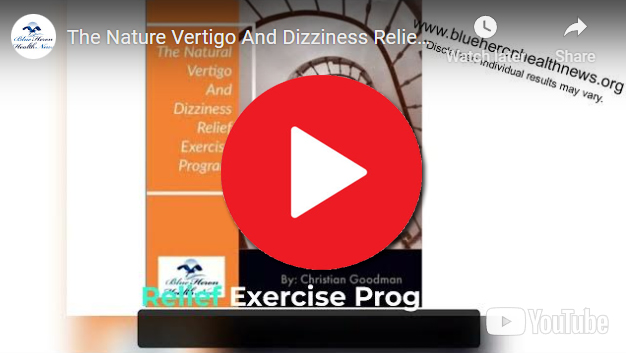
Vertigo and dizziness can have various causes, ranging from inner ear disorders to neurological conditions. Here are some common causes:
- Benign Paroxysmal Positional Vertigo (BPPV): This is the most common cause of vertigo. It occurs when tiny calcium crystals in the inner ear become dislodged and stimulate the inner ear fluid, leading to dizziness and a spinning sensation.
- Meniere’s disease: This condition affects the inner ear and is characterized by recurring episodes of vertigo, hearing loss, tinnitus (ringing in the ears), and a feeling of fullness in the affected ear. The exact cause of Meniere’s disease is unknown.
- Vestibular neuritis: It is an inflammation of the vestibular nerve, typically caused by a viral infection. It leads to sudden and severe vertigo, along with nausea, vomiting, and imbalance.
- Labyrinthitis: This is an inflammation of the inner ear labyrinth, often caused by a viral or bacterial infection. It results in vertigo, hearing loss, and sometimes, ringing in the ears (tinnitus).
- Medications: Certain medications can cause dizziness or vertigo as a side effect. Examples include some antibiotics, anticonvulsants, antihypertensives, and sedatives.
- Migraine-associated vertigo: Some people with migraines experience vertigo or dizziness as a symptom of their migraines. These episodes can be accompanied by severe headaches, visual disturbances, and sensitivity to light and sound.
- Head injuries: Traumatic brain injuries or concussions can damage the inner ear or disrupt the brain’s ability to process balance information, leading to dizziness or vertigo.
- Other conditions: Various other conditions can cause dizziness or vertigo, such as low blood pressure (hypotension), high blood pressure (hypertension), anemia, anxiety disorders, and certain neurological disorders.
It’s important to note that the causes of vertigo and dizziness can be diverse, and a proper medical evaluation is necessary to determine the underlying cause in each individual case. If you’re experiencing persistent or severe vertigo or dizziness, it is advisable to consult a healthcare professional for an accurate diagnosis and appropriate treatment.
See More on Video

The Nature Vertigo And Dizziness Relief Exercise Program™ By Christian Goodman These simple exercises will only take 3-15 minutes of your time every day can be done anywhere including at home, office and even when on vacation. The results that you will get from simple head exercises that you will perform meaning that once you are healed, then you won’t have to do them again.